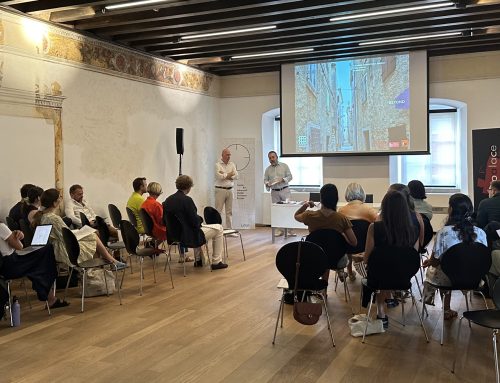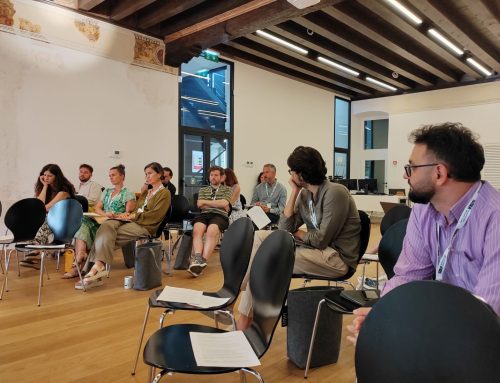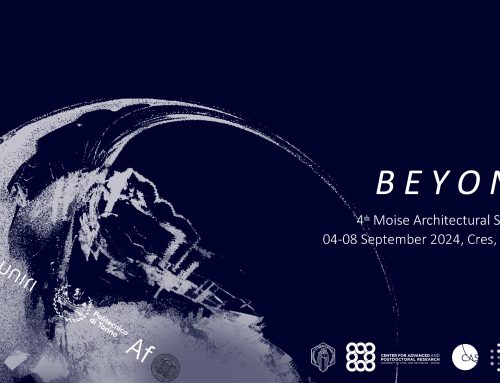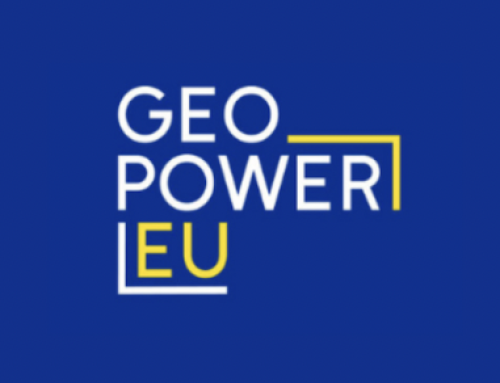Archipelagos of the Living is a forum where actors from insular territories work together to fight the disintegration and standardization of human and non-human life.
Mono-economies, invasive species, fragile ecosystems, rising sea levels, unsustainable waste management, decrepit or non-existing infrastructures, dwindling or aging populations. Realizing that these territories face many of the same challenges, and believing many of the solutions can be found on islands, often rich in traditions, ingenuity, and know-how, Archipelagos of the Living is an experiment in how to make such experience and knowledge circulate between them.
From the 27th to the 30th of September, representatives from each territory will meet for the first time on Cres island. During the four days, the participants will present the territorial projects they are currently experimenting on the ground. These talks will be framed by a series of general questions that drive the project: How to reconsolidate ‘local’ forms of knowledge with research situated within the academy? How to use technologies to nurture processes of collective intelligence? How to document collaborative practices in ways that are empowering and inclusive? How to finance those who participate in such activities?
In one sentence: How to set in motion contributory knowledge practices? How to do so on islands?
Five of the sessions of the academy will be open to the general public. The project is in its upstart phase, so we are still very open to new inputs from people who are working to address similar questions, or have an interest in them. If you are familiar with island life and the kinds of knowledge it gives rise to, we are particularly keen to hear from you.
You will find the titles and hours of the open sessions below. The full program is accessible here.
The academy is generously funded by the European Union.
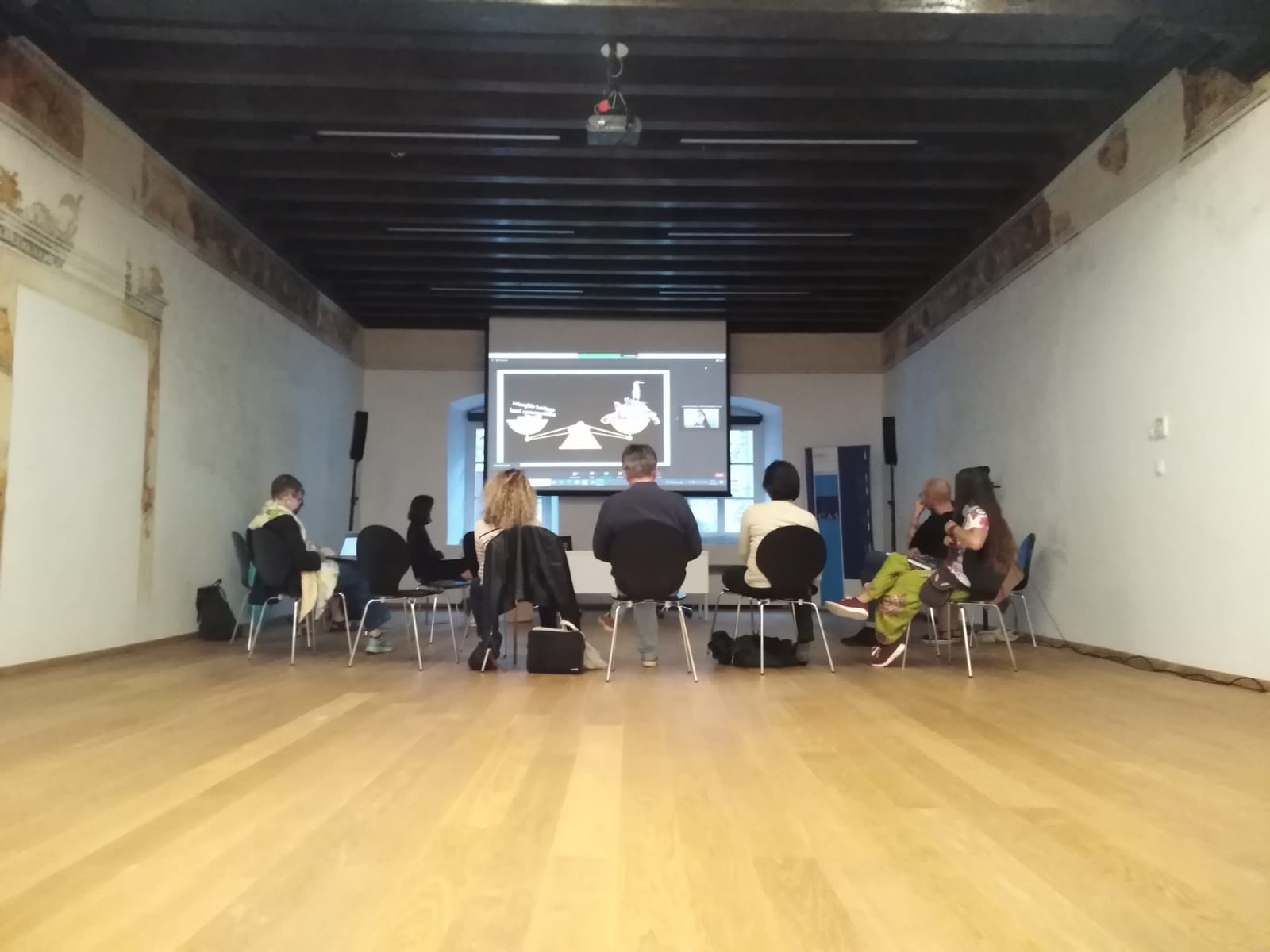

UNIRI The Moise Palace: Cres Island
An education center of the University of Rijeka. A five-hundred-year-old patrician townhouse and the largest Renaissance palace on the Croatian islands. A venue and forum for various scientific and research activities, it welcomes visiting academics, students and scholars.


